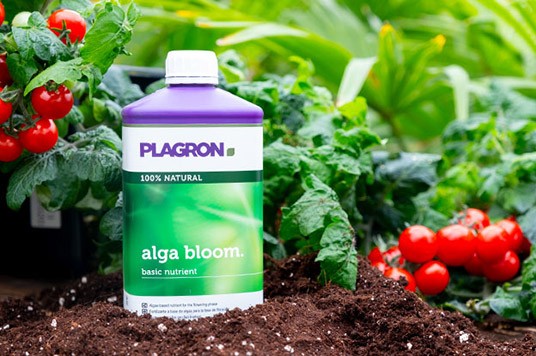What is NPK value in plant nutrients?
The NPK value indicates how much nitrogen, phosphorus and potassium there is in your substrate or fertilizer. These three essential macronutrients are needed by all plants. Knowing the NPK value of your soil and fertilizer helps you give the right amount of nutrients to your plants.

What is the full meaning of NPK?
Nitrogen, phosphorus and potassium. Let’s review what each of these three nutrients does for your plant.
N stands for nitrogen. Nitrogen is needed for the growth of a plant.
P stands for phosphorus. Phosphorus promotes the formation of roots and development of flowers and fruits.
K stands for potassium. Potassium helps move water and nutrients around in your plants.
NPK explained in plant fertilizer
Let’s take a closer look at the value itself. For example, the NPK value of Alga Bloom is 3-2-5. This means it contains 3% nitrogen (N), 2% phosphorus (P) and 5% potassium (K).
How to use NPK fertilizers for plants?
A plant does not need the same amount of these NPK-nutrients in each phase. This is why substrates and (liquid) fertilizers do not all contain the same amount of NPK. Some products, like our non-fertilized substrates such as Cocos Premium or Promix, don’t contain NPK at all and you should start with giving (base) nutrients from de start. This way, you can decide yourself how you want to get nutrients to your plants.
It’s important that your plant receives enough NPK and other nutrients. If it does not, your plant (often the leaves) may start showing deficiency problems. You can read more about nitrogen, phosphorus or potassium deficiency in our Grow Topics on the subject.
Do you need help during your grow cycle?
If you have any questions concerning your plant or Plagron products? Contact our Grow Experts via Servicedesk.
